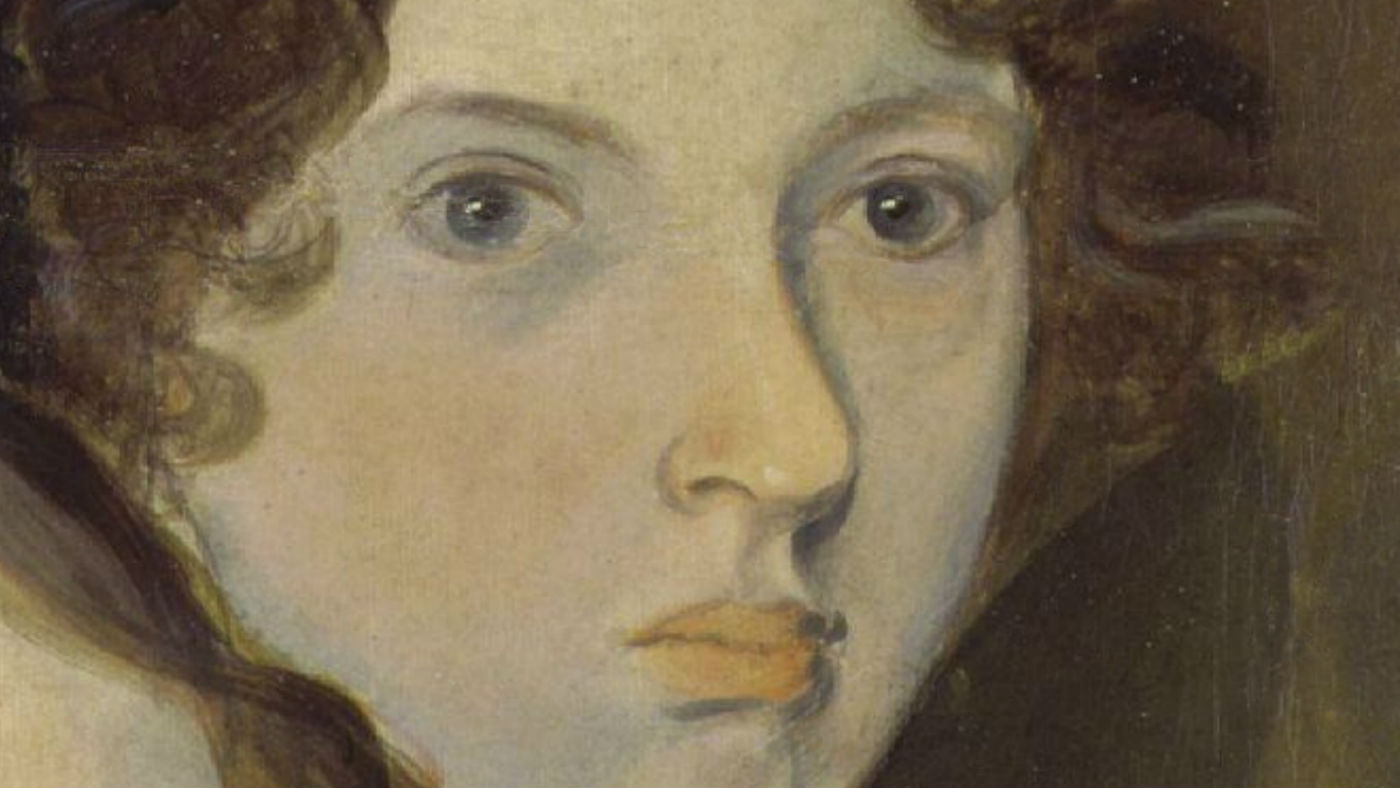Emily Bronte: five facts you might not know about Wuthering Heights author
Victorian novelist shares birthday with Kate Bush, whose 1978 hit she inspired

A free daily email with the biggest news stories of the day – and the best features from TheWeek.com
You are now subscribed
Your newsletter sign-up was successful
Today marks the 200th anniversary of the birth of Emily Bronte, the author of the classic 1847 novel Wuthering Heights.
Although the tempestuous Gothic novel is a staple of school and university reading lists, its author remains a mysterious figure, having lived the majority of her life at her childhood home on the Yorkshire moors before dying at the age of 30.
Here are five things we do know about the enigmatic author:
The Week
Escape your echo chamber. Get the facts behind the news, plus analysis from multiple perspectives.

Sign up for The Week's Free Newsletters
From our morning news briefing to a weekly Good News Newsletter, get the best of The Week delivered directly to your inbox.
From our morning news briefing to a weekly Good News Newsletter, get the best of The Week delivered directly to your inbox.
She had an unorthodox childhood
The children of an impoverished Yorkshire clergyman, Emily and her sisters enjoyed an unusual degree of freedom for Victorian young ladies, roaming the moors around Haworth and letting their fertile imaginations run loose in plays, poems and stories.
Emily and her sister Anne would continue writing whimsical tales about a fictional kingdom they called Gondal well into adulthood.
She spent brief periods in formal schooling, but suffered acutely from ill health and homesickness, and always returned to the freedom and familiarity of her beloved moors.
A free daily email with the biggest news stories of the day – and the best features from TheWeek.com
As an adult, she would write: “I wish I were a girl again, half savage and hardy, and free.”
She wrote under the name ‘Ellis Bell’
Adopting a male pseudonym was common practice for female authors in the 19th century, who feared their writing would not be taken seriously by publishers or readers unless it was presented as the work of a man.
Early in their literary careers, the Bronte sisters wrote as the Bell brothers, choosing male names using their own initial - Currer for Catherine, Acton for Anne and Ellis for Emily.
It was not until three years after its first publication in 1847 that Wuthering Heights was credited to its real author.
Wuthering Heights was her only novel
Unlike her sisters Charlotte and Anne, who published four and two novels respectively, Wuthering Heights was Emily’s only full-length work to appear in print.
Nonetheless, she was a prolific writer, particularly of poetry. Some of her poems were published in an anthology alongside those of her sisters in 1846, but the then-newcomers failed to attract attention - in fact, only two copies were sold, according to the Encyclopaedia Britannica.
A year later, all three sisters would publish acclaimed debut novels. Unsurprisingly, later editions of their poetry anthology would prove far more successful.
Despite her fame, she remained an enigma
A free spirit with a passion for solitude and the wild nature around her Yorkshire home, Emily left almost no written trace of her thoughts and feelings during her short life.
While Charlotte and Anne can be understood through the many letters and documents they left behind, Emily is comparatively “unknowable”, writes Laura June in literary blog The Hairpin.
“Most attempts to describe her are “skeletal, vague, and full of conjecture, barely sketched”, adding extra enigma to her one novel.
She shares a coincidental birthday
In a stroke of artistic coincidence, Bronte shares her birthday with Kate Bush, who had a No. 1 hit single in 1978 with Wuthering Heights, an eccentric pop/rock ballad based on characters and events from the novel.
Not only were the pair born exactly 140 years apart but, like her predecessor, Bush was also something of a prodigy, writing her Bronte-inspired hit at the age of 18.
-
 How the FCC’s ‘equal time’ rule works
How the FCC’s ‘equal time’ rule worksIn the Spotlight The law is at the heart of the Colbert-CBS conflict
-
 What is the endgame in the DHS shutdown?
What is the endgame in the DHS shutdown?Today’s Big Question Democrats want to rein in ICE’s immigration crackdown
-
 ‘Poor time management isn’t just an inconvenience’
‘Poor time management isn’t just an inconvenience’Instant Opinion Opinion, comment and editorials of the day